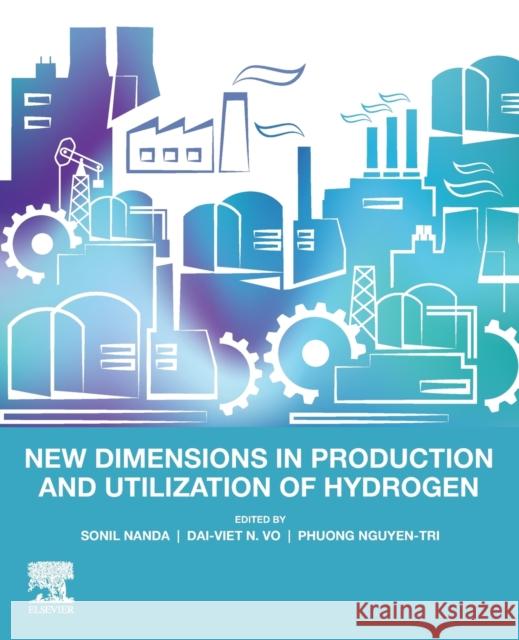New Dimensions in Production and Utilization of Hydrogen » książka
topmenu
New Dimensions in Production and Utilization of Hydrogen
ISBN-13: 9780128195536 / Angielski / Miękka / 2020 / 444 str.
Kategorie BISAC:
Wydawca:
Elsevier Science Publishing Co Inc
Język:
Angielski
ISBN-13:
9780128195536
Rok wydania:
2020
Ilość stron:
444
Waga:
0.75 kg
Wymiary:
23.5 x 19.05 x 2.29
Oprawa:
Miękka
Wolumenów:
01











